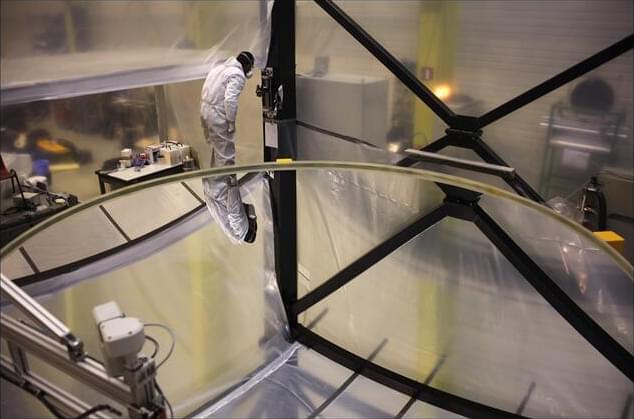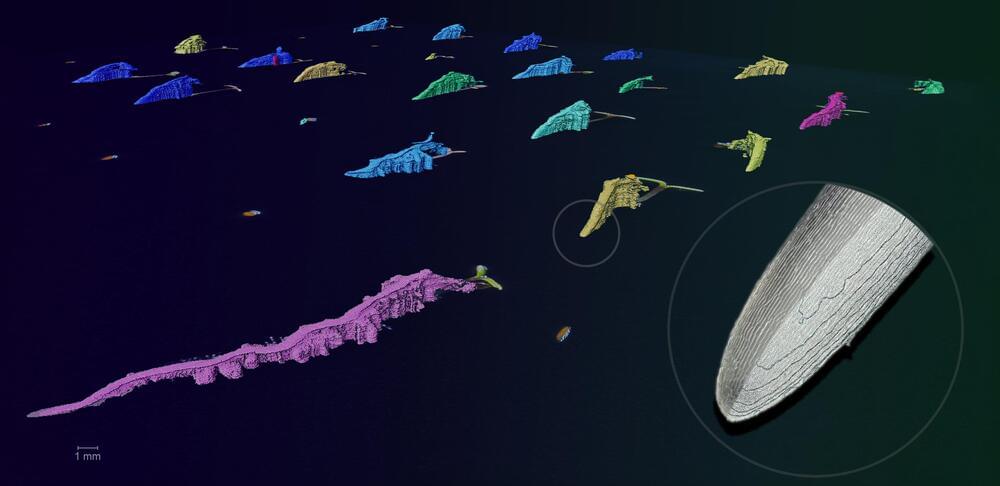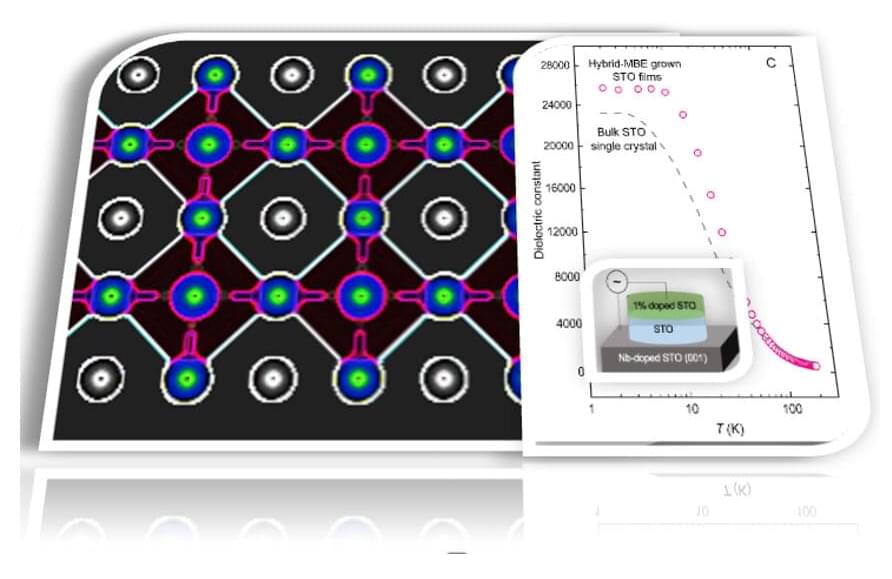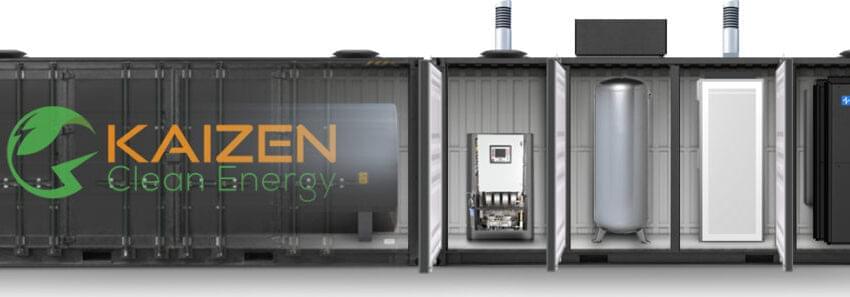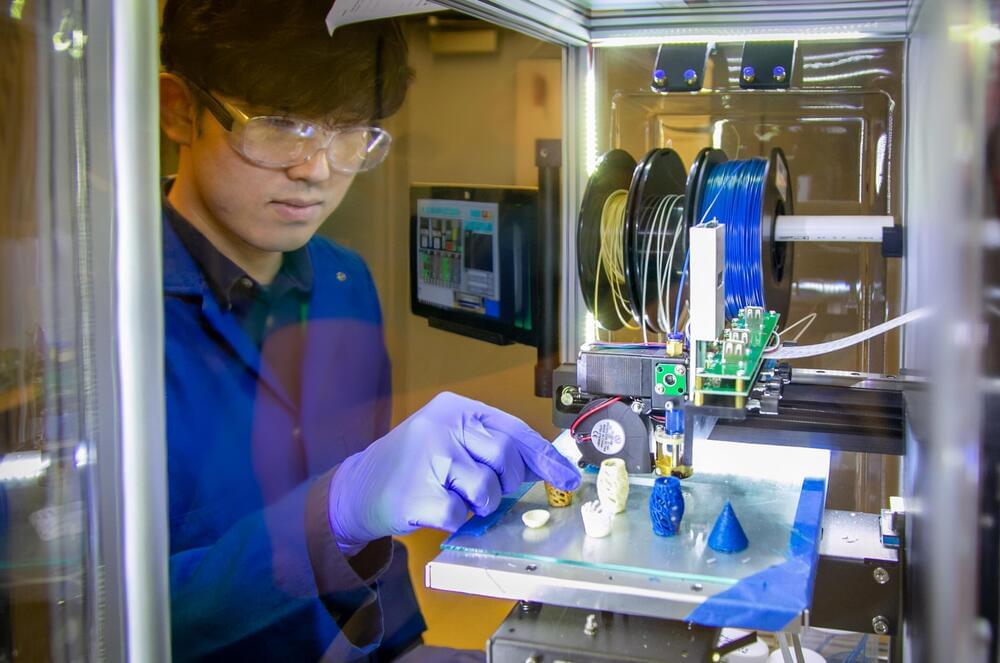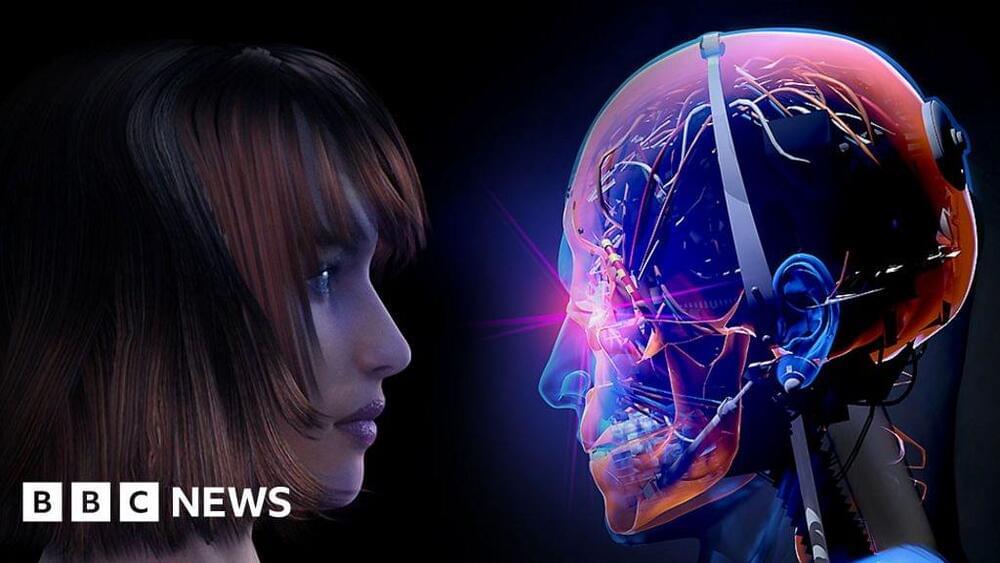A unique telescope that focuses light with a slowly spinning bowl of liquid mercury instead of a solid mirror has opened its eye to the skies above India. Such telescopes have been built before, but the 4-meter-wide International Liquid Mirror Telescope (ILMT) is the first large one to be purpose-built for astronomy, at the kind of high-altitude site observers prize—the 2450-meter Devasthal Observatory in the Himalayas.
Although astronomers must satisfy themselves with only looking straight up, the $2 million instrument, built by a consortium from Belgium, Canada, and India, is much cheaper than telescopes with glass mirrors. A stone’s throw from ILMT is the 3.6-meter, steerable Devasthal Optical Telescope (DOT)—built by the same Belgian company at the same time—but for $18 million. “Simple things are often the best,” says Project Director Jean Surdej of the University of Liège. Some astronomers say liquid mirrors are the perfect technology for a giant telescope on the Moon that could see back to the time of the universe’s very first stars.
When a bowl of reflective liquid mercury is rotated, the combination of gravity and centrifugal force pushes the liquid into a perfect parabolic shape, exactly like a conventional telescope mirror—but without the expense of casting a glass mirror blank, grinding its surface into a parabola, and coating it with reflective aluminum.
